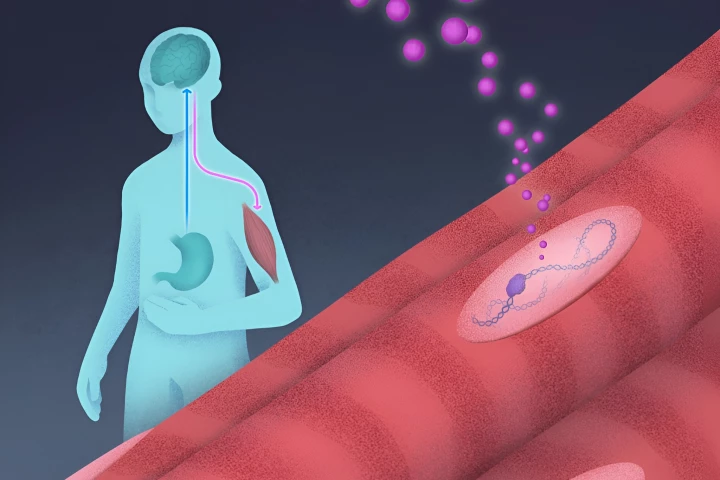Ozempic
-
A novel weight loss drug in the same class as semaglutide has successfully met its targets in the largest clinical trial yet, with nearly 90% of participants losing at least 5% of their body weight. The results strengthen its case for FDA approval.
-
It was only a matter of time until the GLP-1 receptor agonist drugs like Ozempic and Wegovy were superseded, and now it looks like we'll have the next generation of these breakthrough weight loss and diabetes medicines on shelves by early next year.
-
Hitting a plateau after a steady run of weight loss has derailed many health and fitness plans. But what if you could flick a biological switch to nix plateaus and speed up metabolism? Scientists may have found the key – and it was by complete accident.
-
After screening 20,000 protein-encoding genes in the human body, Stanford researchers have identified a naturally occurring molecule that works like semaglutide, most popularly known as Ozempic, to put the brakes on appetite and weight gain.
-
Scientists in China have found a new potential drug target for weight loss. Blocking a protein called CD44 has been shown to protect against obesity in mice on a high-fat diet, specifically by suppressing the formation of white fat cells.
-
GLP-1 drugs have reportedly changed people's relationship with more than just food, but it's been largely anecdotal. Now, there's evidence that Ozempic blocks alcohol cravings – which could be a game-changer for people who want to cut back on booze.
-
Scientists remain puzzled as to why some people taking popular weight loss and diabetes medications like Ozempic and Wegovy are losing their vision suddenly, highlighting that there's still so much we don't know about this life-changing class of drugs.
-
If you're one of the 13% of US adults who has taken a GLP-1 drug for weight loss, you may know that while fat seemingly melts away, so too does muscle. And, so far, there's not a lot you can do about it. But one new discovery may change this.
-
Any sort of list is fraught with subjectivity, and perhaps none more so than one ranking the world's greatest technological achievements in order from 100 to one. This week, two tech experts bravely took on this historic task – and it's a wild ride.
-
An innovative mix of readily available natural products shapes up as a long-term alternative to the likes of Ozempic for managing obesity, diabetes, liver health and inflammation – without the injections, cost or side effects associated with GLP-1 drugs.
-
Game-changing GLP-1 agonist drugs are a step closer to being available in oral pill form, with AstraZeneca revealing "encouraging data" from the Phase I safety and tolerability trial of its once-daily obesity and diabetes drug AZD5004.
-
The race is on to deliver the first once-a-day weight-loss pill that would be both cheaper and less invasive than the current injectable drugs, with strong results from Terns following those from competitors Eli Lilly, Pfizer, Roche and Structure.
Load More











